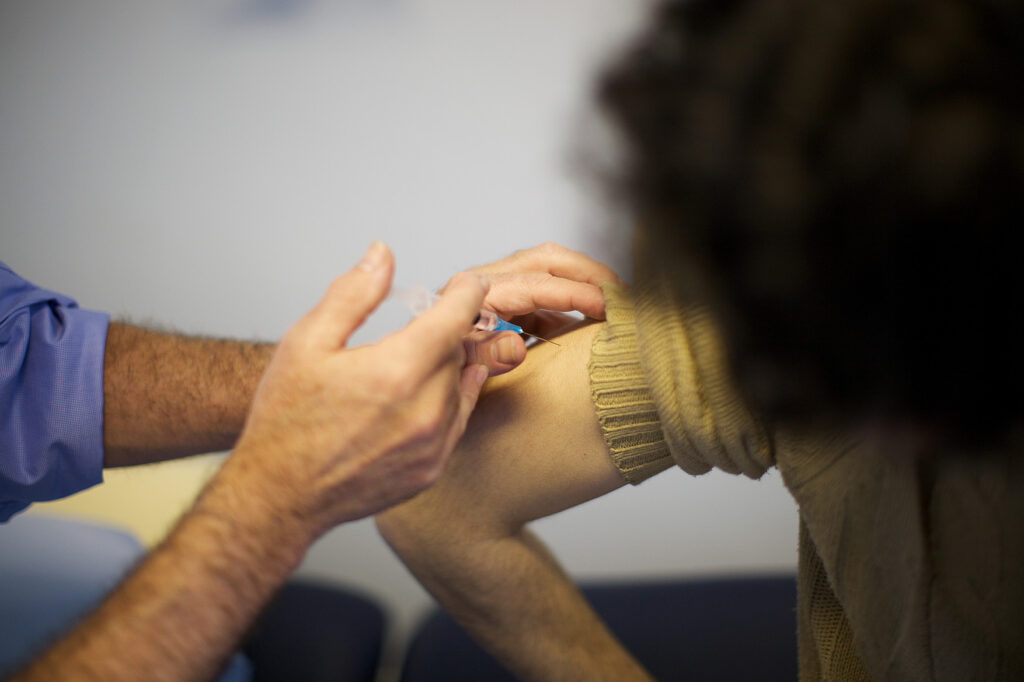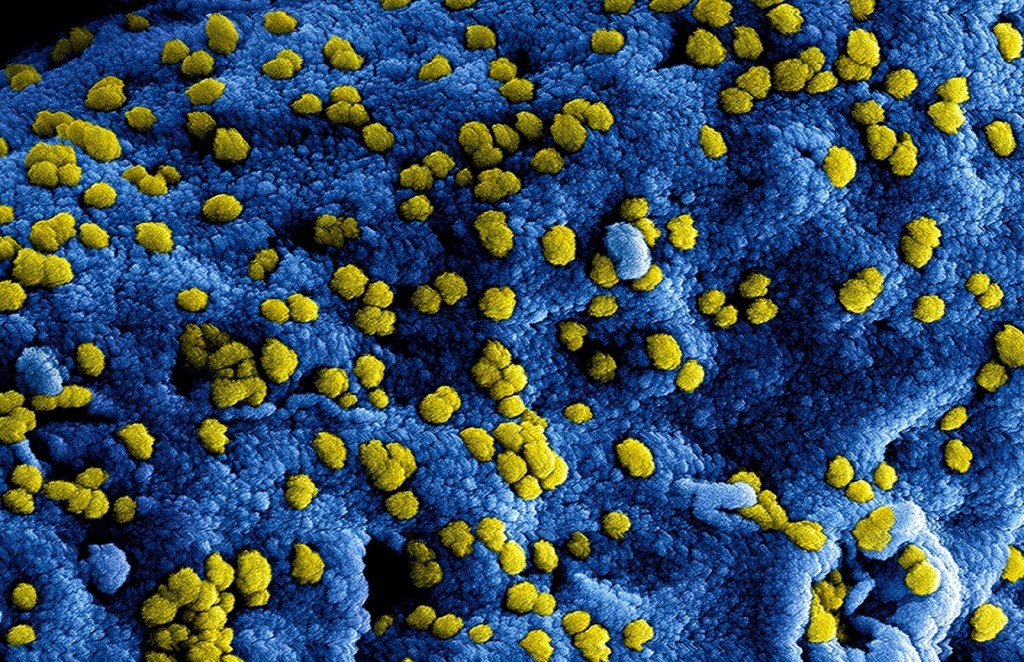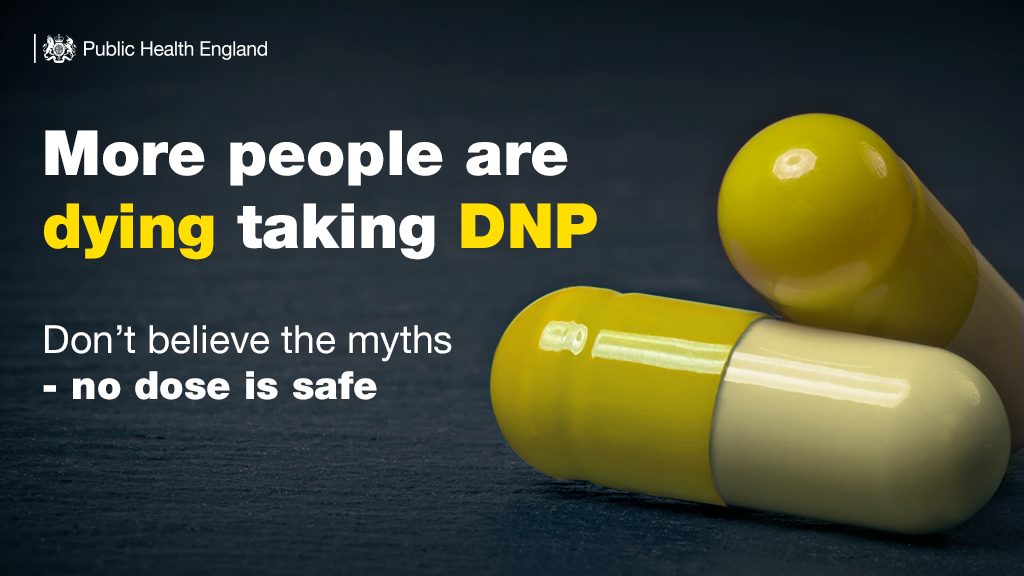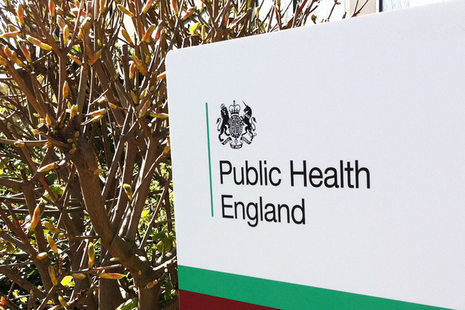Health Protection
Posts about the work of the Health Protection directorate
The number of people newly diagnosed with HIV in England declined for the first time after more than 30 years of the HIV epidemic. Find out how PrEP- an HIV prevention drug can help to further reduce the number of people acquiring HIV.
With another flu season almost upon us our Medical Director Professor Paul Cosford has answered some key questions about flu and flu vaccination.
Ahead of the PHE annual conference, this blog explores the work carried out by PHE’s Behavioural Insights (PHEBI) team to change the behaviour of millions of people to help make us a healthier nation.
Whether you’re a health professional or a regular traveller to the Middle East you may have heard of Middle East Respiratory Syndrome, or "MERS". The risk of contracting the virus remains very low but simple precautions can help visitors stay safe.
Many people will have heard warnings about the risks of using the toxic chemical called DNP (full name 2,4-DINITROPHENOL) for body building and weight reduction.
This summer has been one of the hottest summers since records began. As many of us revel in the hot summer sunshine, others are at risk of getting sunstroke and heatstroke – so why, exactly, can we be at risk in …
UKHSA withdrew the precautionary guidance for the Salisbury and Amesbury areas on 30 January 2025. We understand that the recent incidents in Amesbury and Salisbury involving nerve agent Novichok will cause concern about possible health risks. This blog will answer …
An urgent and costly public health problem During the 1950s, smog (a toxic combination of soot and sulphur dioxide) was commonplace in UK cities and a major source of disease. Since the Clean Air Act of 1956, the character of …
Genomic information is important for a range of areas in public health protection, from tracking infectious disease outbreaks, to identifying inherited disorders, and characterising mutations that underpin the progression of cancers. Genome: An organism’s complete set of DNA, including all …










